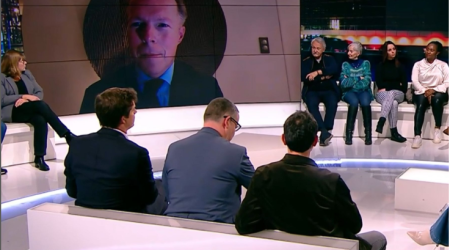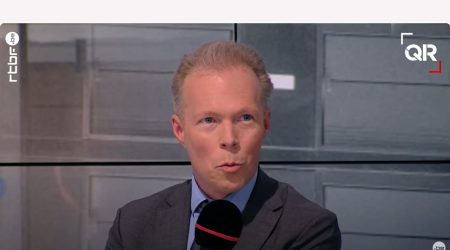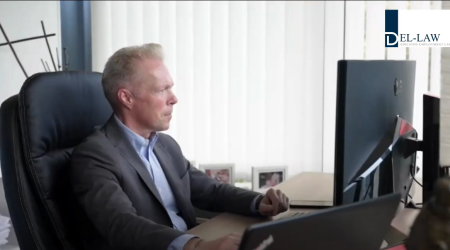Consequences for Investors - Strike Law (QR "Le Débat" - RTBF)
Posted the 16 November 2023During his appearance on "QR The Debate" broadcast by RTBF, Master Delmarcelle sharply addressed the little-known repercussions of strike law on the investment climate in Belgium.
Consequences for investment
The right to strike, woven into the socio-economic fabric of the country, adds an additional layer of uncertainty within an already complex fiscal environment. This reality, combined with the indexing of wages, can make the Belgian economic landscape difficult for foreign investors to navigate, exacerbating their hesitation.
Master Delmarcelle illustrated his point with the disastrous experience of an American company executive in Belgium, whose visit to celebrate a significant anniversary was overshadowed by a sudden strike. The event not only disrupted the festivities but also hastened the departure of the CEO, casting a shadow over the future of investments in the region.
Thus, although local, these strikes can have international consequences, particularly on long-term investment decisions. They represent a potentially dissuasive signal to global economic actors concerned with stability and predictability.
Master Delmarcelle's intervention highlighted the specific challenges associated with the right to strike in Belgium. In a world where economic borders are increasingly permeable, it is crucial to find a just balance between the rights of workers and the needs of businesses, in order to ensure a stable and attractive investment environment for foreign investors.
Related articles

QR the debate: Should political mandates and salaries be combined or not? Relive our debate

Can we block a warehouse and the delivery of stocks? - Right to Strike (QR "Le Débat" - RTBF)
